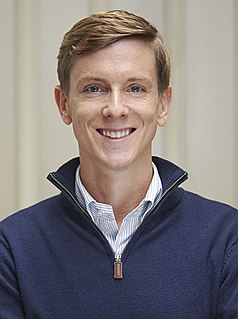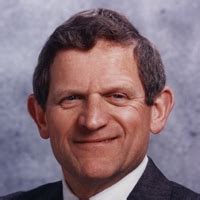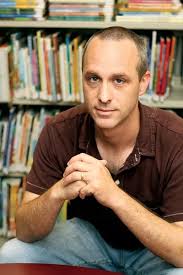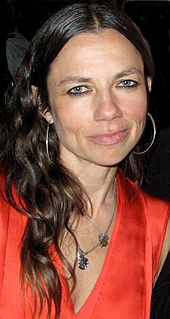A Quote by Chris Hughes
I knew I wanted to do something at the nexus of what I call global development and technology.
Quote Topics
Related Quotes
Destroying the nation state are mainly three things: the global economy, global communication technology and global culture. And this is where we are lost in the process. What could be something that can provide us a transversal political sense of belonging? At the end of the day, without an alternative we end up with populism in the name of very narrow identities.
No sooner had he thought this than he realized what was anchoring his happiness. It was purpose. He knew what he wanted to do. He knew the way he thought things should be, and Mr. Harinton was proving that other people--even adults--could feel the same way. Nicholas had something to aim for now. He might not know what he wanted to be when he grew up, but he knew with absolute certainty how he wanted to be.



































